Are Link Exchanges and Swaps Harmful for Your Website SEO?
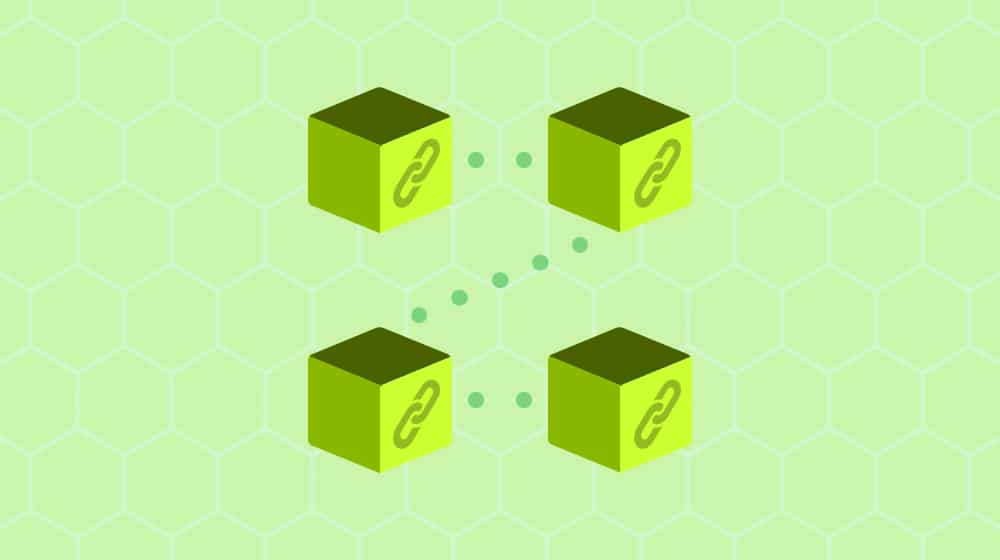
As you no doubt know by now, links are perhaps the single most significant part of the internet, SEO, and search quality. They're how people move from place to place online. They're how Google determines a site's rankings, and they're critically important.
If you're not an experienced SEO pro, you might have had some ideas. If a link is valuable, why not use it as a form of currency? Why not barter your backlinks with other people's links, and swap them around? Everyone builds value, and everyone grows; it's a win/win. Right?
The theory is sound, except for one thing: Google prohibits it in their Webmaster Guidelines. Search engines want their algorithm to be "impartial" (excepting their manipulations, but that's neither here nor there), so they watch for and penalize anyone trying to game the system.
The tricky part is what constitutes gaming the system. Consider these two scenarios:
- Site A likes the content on Site B and creates an outbound link to it. Site B likes the content on Site A and links to it back. In this situation, no relationship exists between these two websites.
- Site A and Site B decide they want to work together. Through email, they arrange for a new reciprocal link (or two-way link) for mutual promotion.
Scenario 1 is legitimate and happens all the time. Heck, part of link-building outreach is linking to your target site, so marketers see you as a referrer in their analytics and start to look into who you are.

Meanwhile, scenario 2 is a violation of Google's Webmaster Guidelines, and it's against the rules for "link schemes," which I'll talk more about in a moment.
Some people argue that link exchanges in small doses are whitehat. Others will say that they're greyhat, and some say that they are firmly blackhat. The chances are pretty good that all three of these people are correct in their own ways.
I wanted to dig into this issue in deeper detail. So, let's talk about link schemes, how Google detects them, how people use them, the consequences of getting caught, and easy marketing strategies that you can implement instead to attract quality inbound links.
Are Link Exchanges Considered a Link Scheme?
Anyone who has spent time working within the ecosystem controlled by Google knows that they have a massive problem with their guidelines. Namely, they have at least three distinct help centers (for developers, site owners, advertisers), and they tend to include a lot of redundant information. There are thousands of pages of rules across these help centers, and it can often be challenging to find the relevant rules that apply to your situation.
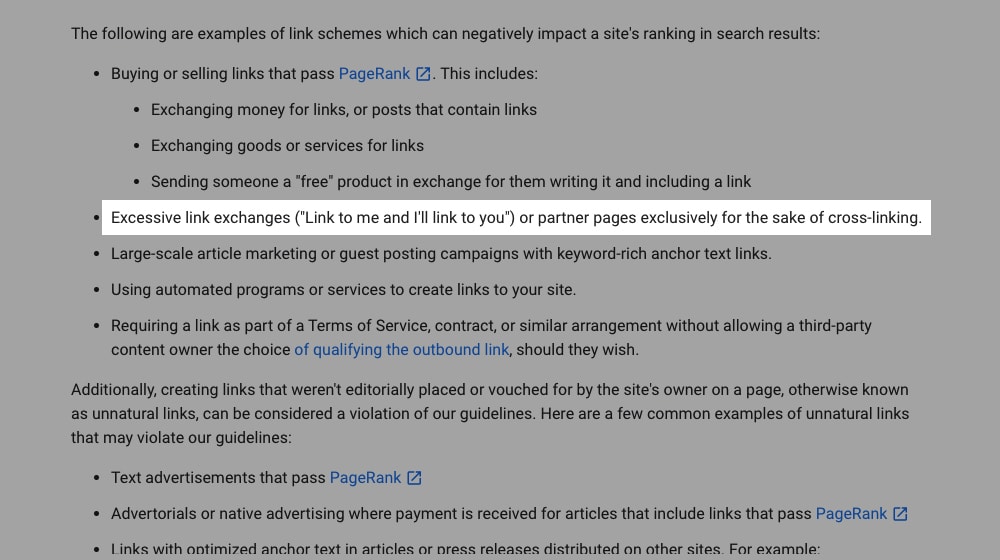
Fortunately, Google maintains one central page about link schemes. You can read it here, but I'm going to summarize it for our discussion as well. So, what does Google consider a link scheme?
- Websites that buy and sell links for money, exchanging goods or services for links, or sending free products with the expectation of a backlink in return.
- "Excessive" link exchanges, where you offer to link to anyone who links to you. The interesting part is the word excessive, which suggests that link exchanges in moderation might be acceptable.
- You create dedicated "partner" web pages where you link to others with no additional value, solely for link swaps.
- "Large-scale article marketing or guest posting campaigns with keyword-rich anchor text links."
- Using automation to generate links (like on forums or blog comments.)
- You require a link as part of a Terms of Use or another contract without allowing the linking party to qualify the link.
Google also has a section for "unnatural links," which essentially comes down to "any link that passes PageRank when it shouldn't." These include:
- Text ads that pass PageRank.
- Advertorial content or sponsored posts that include links that pass PageRank.
- Links with optimized anchor text in press releases or articles on other sites.
- Directory or bookmark site links.
- Links embedded in widgets on other sites. Think of a social media sharing button that included a followed link with "car insurance" as an anchor.
- Links distributed in template footers (like what NitroPack does.)
- Forum or blog comments with optimized links in signatures and other profile fields.
One thing you might notice is that these fall into three categories.
- Obvious spam. Forum comments with links in signatures? Clear as day.
- Stuff nobody does. It's been a long time since I've seen a widget with a spam link like that, for example.
- Reasonable techniques. Guest posting with keyword-rich anchors? That's entirely subjective.
Luckily, that third category is less broad than it looks. Article marketing and guest posting are fine, as long as you qualify the links or you work them in naturally. When Google says keyword-rich anchors, they mean borderline-spam levels of keyword optimization. Natural linking is generally acceptable.

What do they mean by qualifying links? You can add attributes to the HTML code of a link to tell Google not to count it. They're the rel=" x" attributes, and there are now three of them:
- UGC: this means the link is User-Generated Content, like forum posts and blog comments.
- Sponsored: this means the links come from sponsored sources.
- NoFollow: this means you don't want the link to count, but it doesn't fit into the other two categories.
Generally, when I say "nofollow" a link, I mean "qualify it using the appropriate attribute." Until recently, there was only one attribute, so many other marketers and I refer to it as "nofollowing" links.
You can also break the flow of PageRank by adding an interstitial page with a redirect, where that interstitial page is noindexed. It's a hacky way to do it, but Google suggests it, so it's probably a safe (if a user-unfriendly) way to do it.
How Does Google Identify Link Swaps and Schemes?
You've probably noticed that a few of those categories of link schemes are things that constantly happen everywhere. Two sites linking to each other, is that a link scheme or just natural linking? Does Reddit count as a directory or bookmark site? How "optimized" does anchor text have to be to get you penalized?
The truth is, it's very rarely about any individual link. Google doesn't care about single links in isolation, no matter how bad they look. Instead, Google focuses on patterns. They have the entire internet (more or less) scraped and indexed, and they can break it down and look for patterns across millions or billions of links. Scraping every link on your site and every site that links back to you, and looking for pages that stand out, is trivial to them.
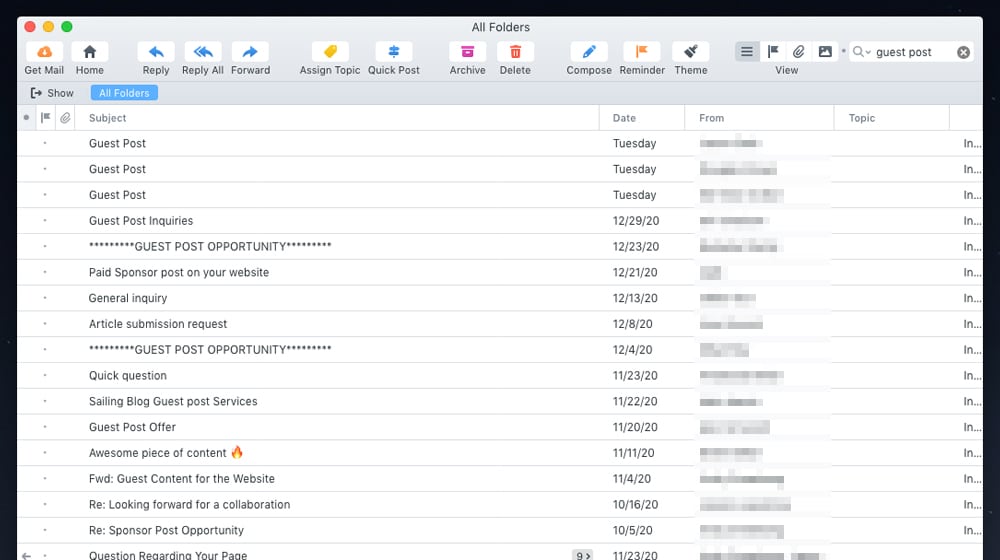
Any blogger that has a decent amount of traffic will start getting dozens, hundreds, or even thousands of emails from guest bloggers asking for link exchanges or guest post exchanges. If you're tempted, you first have to ask yourself:
- How many people did these marketers swap links with?
- How many will they swap links with in the future?
- What is the reputation of those websites?
- Is this a genuine hand-written email, or is it a generic email template?
- Did it land in your junk box?
- Can you find this person anywhere on Google, or is it a made-up name?
- Are they being as picky as you are, or are they swapping links with anyone that is willing?
Google looks for hundreds of patterns like:
- You are using the same or a small list of anchor text in a vast number of incoming links.
- Getting a lot of links from sites you link to, especially if either you or the other site fails to link to other websites as well.
- Links to and from sites with a relationship (like the same WHOIS owner), especially if there's no disclosed connection. Google is an accredited domain registrar, which means they have far more access to domain registration information than your average person.
- They check for whether or not the links you're receiving are actively penalized.
- They check to see if the websites linking to you have relevant content.
- The time that the backlink was first discovered.
- The author and quality of that blog post.
These patterns are how Google can detect things like PBNs, hidden link schemes, and link exchanges.
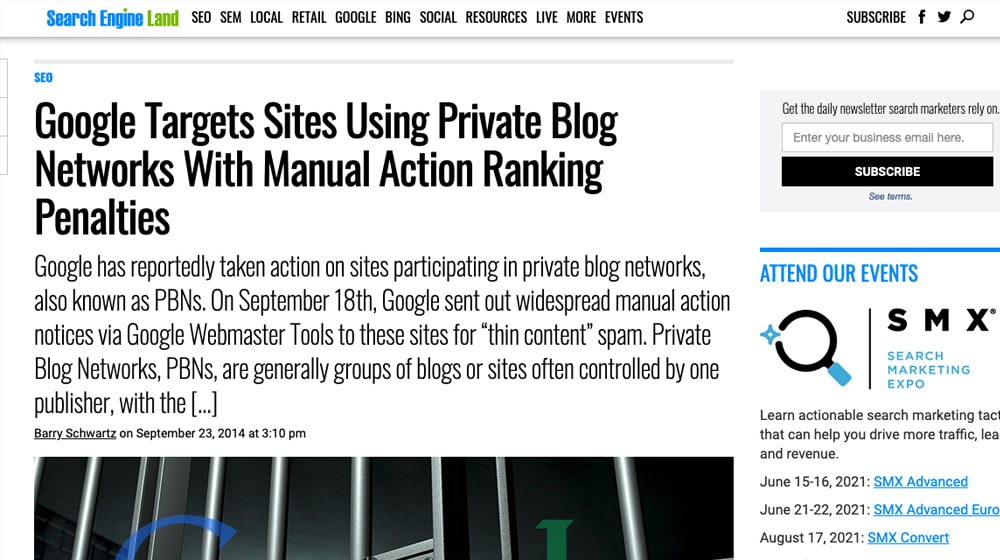
That's not the only way, though.
- Sites that sell links are vulnerable. Google is known to set up buyers to track down parts of link schemes.
- Google can watch for people talking about participating in link schemes on public forums and monitor those sites.
- They crowdsource it. Google even has a snitch page where you can report a site using undisclosed paid links.
This is data fed into their algorithm and used to detect, report, and penalize sites using link schemes. The algorithm would be refined enough to catch spammy link metrics while leaving natural links alone in an ideal world, but we don't live in a perfect world. As such, sometimes legitimate links get penalized, and link schemes go unpunished. Such is the way of things.
How Are Link Schemes Used?
Link schemes can likely be used, theoretically, if it was done correctly. To be clear, I'm not advocating their use; I don't use them myself, and they're too risky for too little reward, in my view. If you want to try them yourself, you do so at your own risk. I won't stop you, but I won't help you either.
Link schemes are fast and easy. You don't have to worry about outreach or guest posting or content creation, or accepting low-quality content on your site. Just participate in a scheme, and you're good to go. They're also often free unless you're paying for links, in which case they're usually pretty cheap.
On the other hand, there are quite a few drawbacks.
- Sites will usually nofollow or delete links if they get in trouble, so your links will be temporary.
- Sites that exist solely to sell or exchange links (often as part of a PBN) disappear regularly.
- Link exchanges and swaps are never equal. One side or the other is getting a raw deal, and it's probably you.
- The links you get might look good, but the site may have SEO penalties that trickle down and hurt you too.
And, of course, your site could get penalized. Some websites may even be deindexed entirely until the webmaster takes care of the problem.
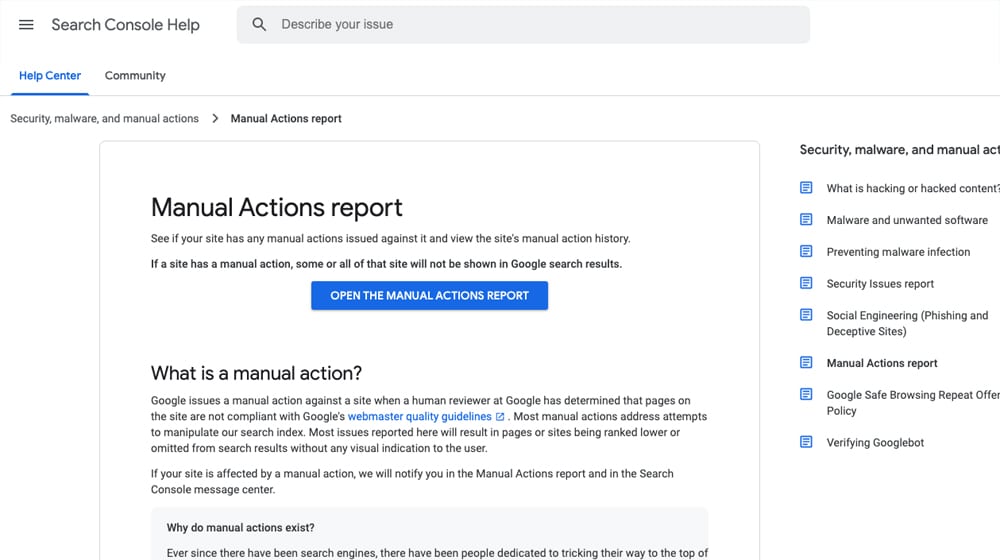
So, while you can use a link scheme to get a quick boost to SEO, chances are it's going to come back to bite you sooner or later. I've seen a few sites use them effectively to get off the ground, then disavow the whole thing once they can replace the links with better natural links, but they are few and far between. It's a lot easier to stumble, have the whole house of cards collapse, and end up worse off than where you started. Excessive link exchanges are a ticking time bomb.
What Should I Do Instead of a Link Swap?
Link swaps and link schemes are, by definition, low quality and artificial. So, what can you do instead? Build links in high-quality, organic ways.
Link swaps and exchanges aren't uncommon in the upper echelons of digital marketing. Big-name sites often link to one another, both to reinforce their authority and because, well, they're already authoritative. Even a shady link isn't going to hurt them enough to matter, and it's rare that Google nukes an otherwise household name.
What can you do?
Blog.
Blogging is by far the best method of link generation. Create attractive link bait and evergreen content (see my guide to content types) and do what you can to promote it via social channels and other marketing.
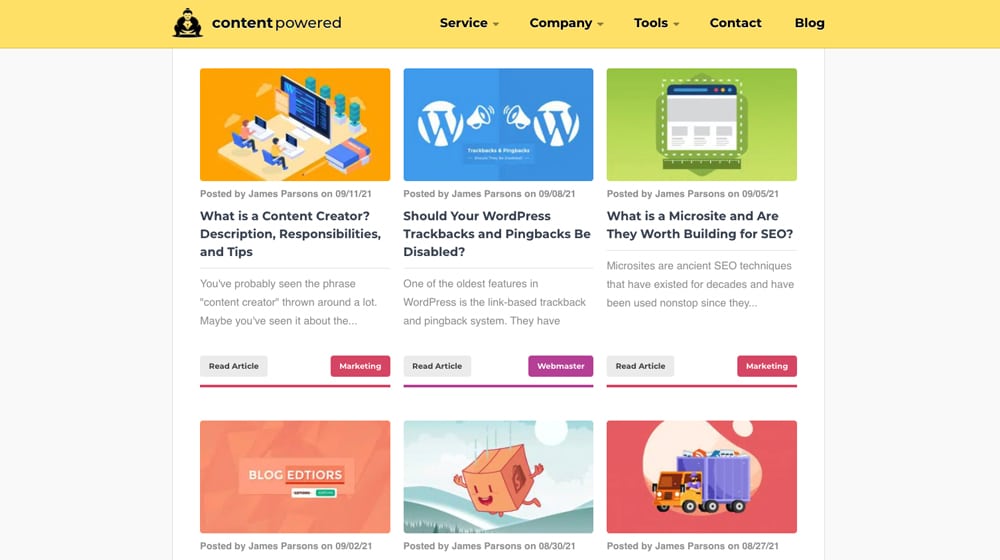
This strategy works. I'm a relatively small-time blogger and SEO expert in the grand scheme of the internet, but I had Moz's SEO Manager, Kavi Kardos, reach out to me last week about one of my articles. I've earned quite a few quality backlinks from authoritative websites purely on the back of writing great content. In the past month, one single highly-authoritative link increased my domain authority by 10 points.
It's incredible what can be accomplished just by producing quality content. When done correctly, blogging can be a complete link-building strategy and SEO strategy by itself.
Acquire links slowly and carefully.
I was initially going to say to ignore link building, but I can't take quite that hardline of a stance. However, if you're going to do link building, focus solely on authoritative sites in your niche, and go about it the right way; with organic techniques, outreach, networking, and content. No link schemes, no link exchanges, no paid links. Just pure, good content and sociability.
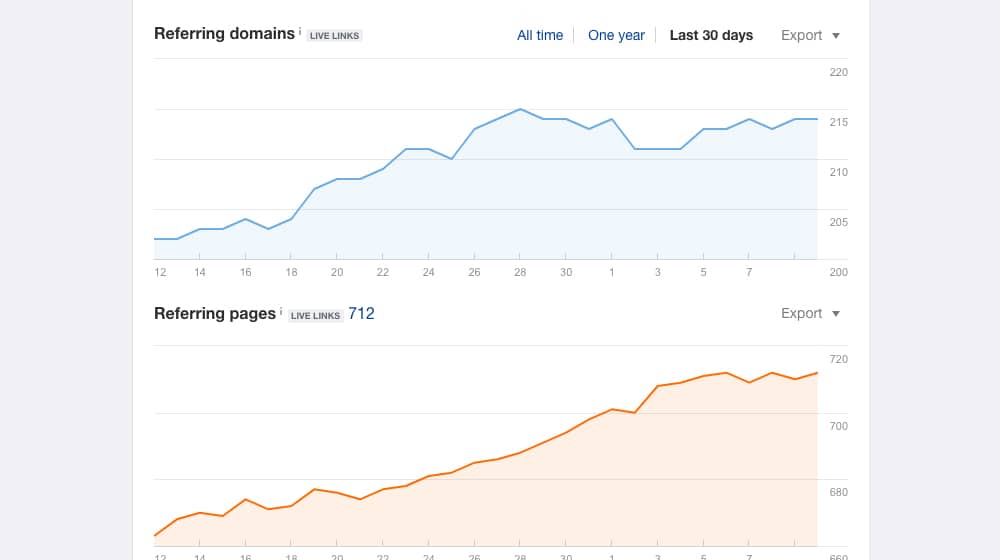
I've found that, as your site grows and builds steam through content marketing, quality links will come naturally. When they're researching a topic for a blog post of their own site, most people will run a quick Google search for existing content on the subject. When they find good content that has quotes or information they want to cite, they'll do so, and they'll link to you. You don't need to reach out or ask for a link; you just need to make content worth linking.
Matt Cutts had a great saying in one of his blog posts that I've quoted many times over the years:
The objective is not to "make your links appear natural"; the objective is that your links are natural.
Take that in for a minute, then evaluate where you are spending your efforts:
- Are you spending a ton of time trying to game the system by artificially building links?
- How much time are you spending on building quality content that attracts links without any extra effort?
Promote yourself.
Promotion is the alternative to link building. It's all about raising awareness. People can't link to you if they don't know about you, but once they do know about you, you're in their consciousness for as long as you're relevant. That means people will keep coming back because people like and trust the familiar.
Matt Cutts, the former head of webspam at Google, was in charge of catching link spam and link exchanges. He spilled the secret already back in 2009:
Earn your links, and you won't have to build them.
So, my advice is to put yourself out there and let the links come in on their own. If you want to speed up this process, create more high-quality content, and high-quality links will follow. I don't worry about building links anymore - my blog posts do the heavy lifting for me.










February 08, 2022
This is quite informative. I didn't know much about how Google determines link schemes. I think they're quite risky, too, so it's great to know what to avoid.
February 10, 2022
Hey Allyson!
I'm glad I could shed some light on this!
It's a big deal - things that most users wouldn't consider a scheme or something that is against Google's Webmaster Guidelines could indeed be harmful.
For example, marketers that email you for guest posts or link swaps - some of these things might actually be a problem:
It's always best to err on the side of caution!
April 15, 2022
I'll need to show this to my boss.
He takes all of these link exchange emails seriously, but they're against Google's guidelines, so I don't want it to hurt our site or penalize us.
Most of the sites they want to exchange links with are awful anyway.
April 29, 2022
Hey Michael!
I flat-out ignore these emails. Google's Webmaster Guidelines aren't something that you should take lightly.
This practice is sketchy. These marketers often offer to link back to you from a site that the webmaster doesn't care about or that is penalized. Trust me when I say they're getting the better half of the deal!